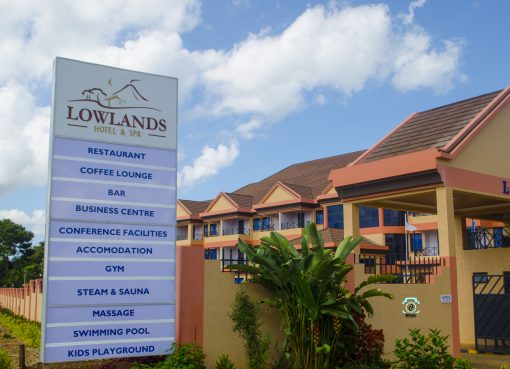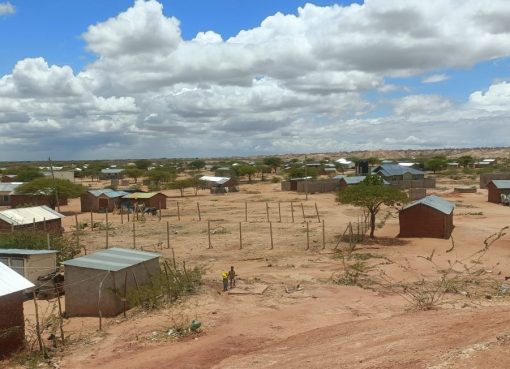The Common Market for Eastern and Southern Africa (COMESA) Secretariat will be introducing an economic analysis tool to aid in the Prioritization of Sanitary and Phytosanitary (SPS) capacity building options and investments.
The tool will help unlock Kenyans trade potential and bring together public – private sector and institutions of government to achieve consensus of the most critical SPS priorities and investments.
According to COMESA, Harmonization of SPS measures is essential for expanding intra-regional trade as it reduces or eliminates illegitimate measures that are barriers to movement of food and agricultural products across the region
Due to SPS capacity varying across COMESA and the Continent, the diversity demands collaboration between countries that belong to the same Free Trade Area (FTA) particularly AFCFTA that just came into force.
Trade and Industry Principal Secretary (PS), Dr. Chris Kiptoo said Kenya, and Africa as a whole, is grappling with the challenges of complying with the SPS requirement in the face of limited resources to address the constraints.
In a speech read on his behalf by Hellen Kenani, Assistant Director – External Trade , State department of trade during an inception meeting for the project to mainstream SPS capacity building priorities and investments in Nairobi, Dr. Kiptoo noted that the SPS standards is a crucial element of the country’s trade policy.
“Compliance with SPS measures has opened tremendous export opportunities for Kenya producers and exporters both at the intra-regional trade level and at the international level,” he said.
Although government has made tremendous strides in the formulation of plans, policies, laws and regulations and more recently bilateral agreement with Kenya on the SPS import conditions for avocados, Dr. Kiptoo said the country is still mobilizing investments into appropriate capacity and mitigation measures before fully optimizing the opportunity.
“Africa remains the only continent with a huge food import bill in the world estimated at over Shs. 300 billion (USD 30 billion annually,” he said.
Kenya, the PS noted, is keen to utilize the prioritizing SPS investments for market access (P-IMA) tool to enhance that will see establishment of effective and pragmatic SPS decisions making process across the public and private sector
The Director for Investment, Promotion and Private Sector Development from COMESA, Thierry Mutombo said almost 70 percent of the reported Non-Tariff Barriers (NTBs) in the region are constituted by technical standards and SPS measures,
He added that today COMESA will be launching a programme supported by Standards and Trade Development Facility (STDF) to institutionalize evidence based approach and to integrate priorities in national planning frameworks for 5 countries namely Kenya, Uganda, Ethiopia, Rwanda and Malawi.
With a population of 492 million people and a GDP value of USD 682 billion, COMESA is one of the largest economic and trading regional community in Africa. The average growth in the region was 5 percent in 2016 while COMESA total exports amounted to USD 71 billion.
The Intra COMESA trade remains low relatively to other regions stagnating at 11percent of total COMESA exports and with majority of traded products being with low added value, over 90 percent of the Member states trade with other parts of the world.
By Wangari Ndirangu




